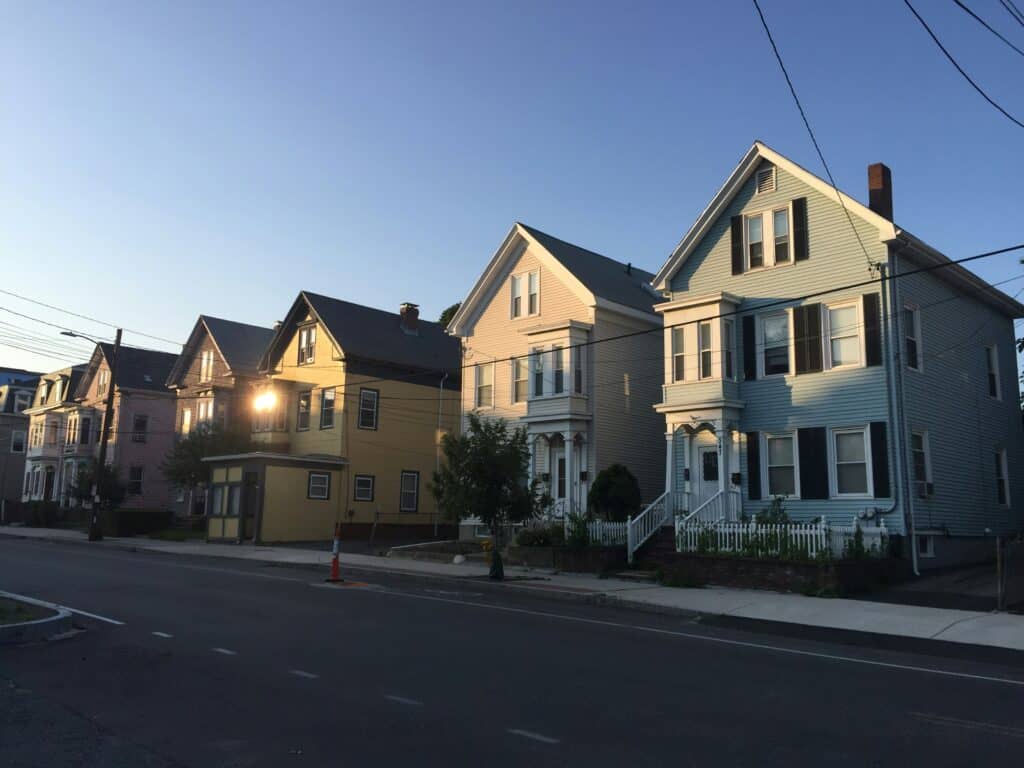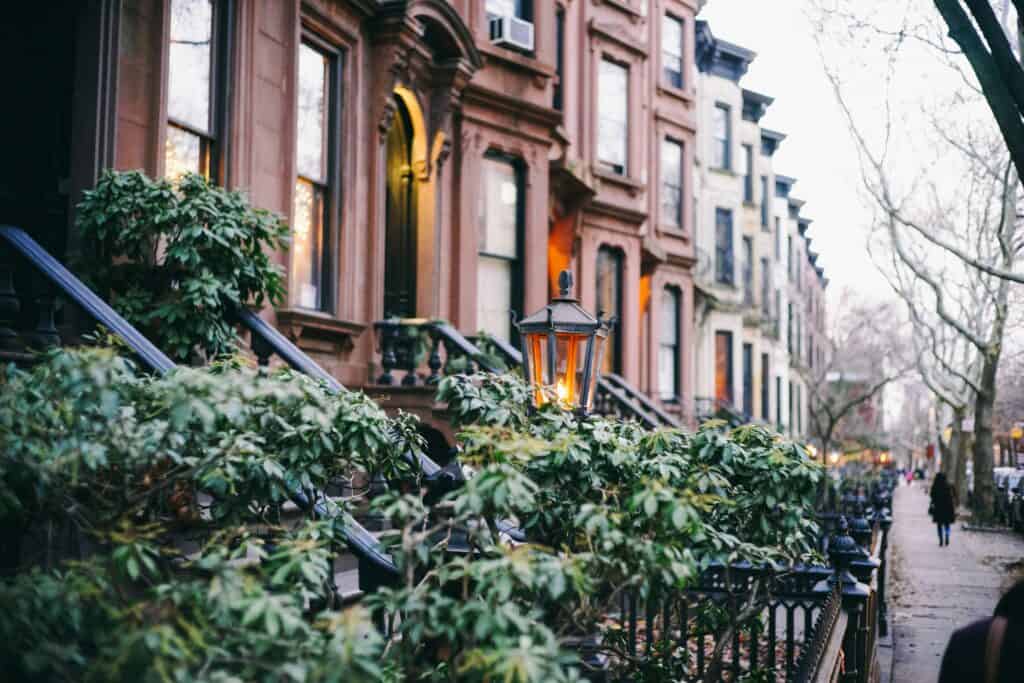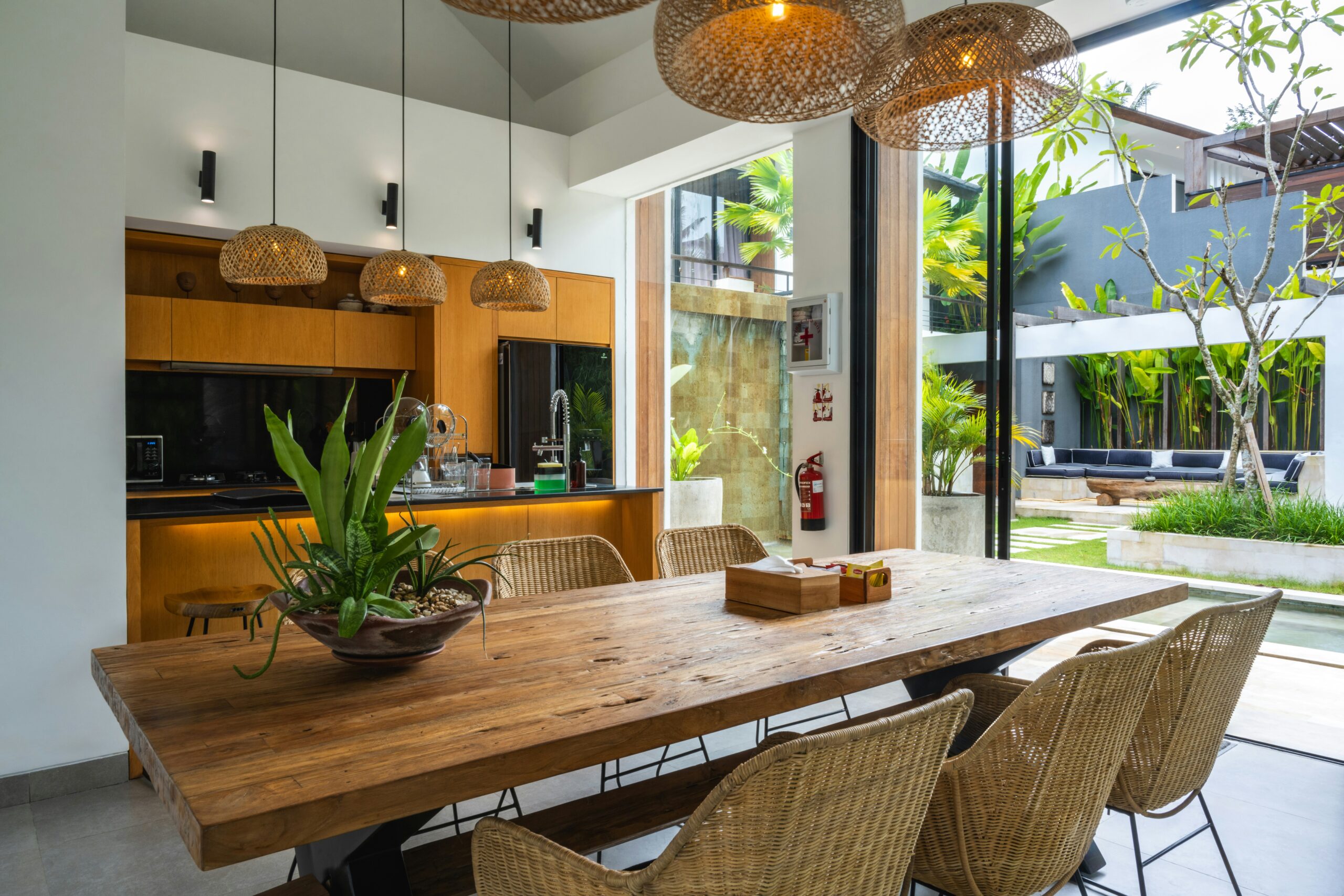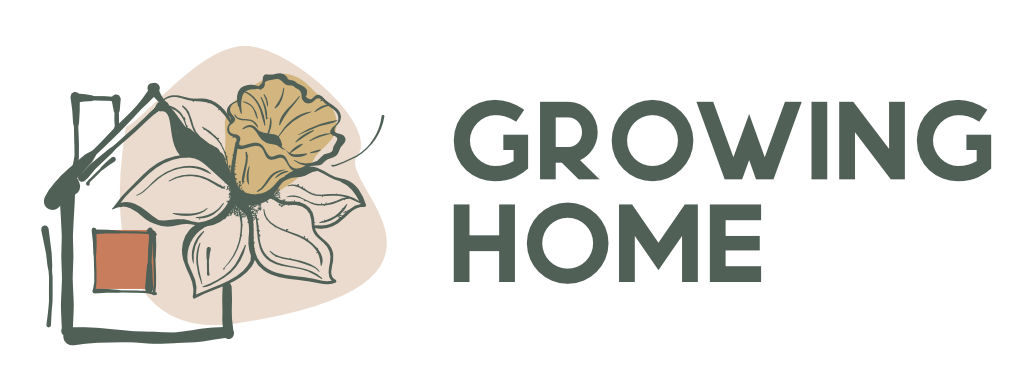Last Updated on November 15, 2024 by growinghome.la
If you’re gearing up to buy your first home, you probably feel a mix of excitement and a dash of overwhelm. And trust me, you’re not alone! In my experience, having a checklist for first time homebuyers is key to avoiding burnout and frustration during your house hunt.
It’s easy to get caught up in all the possibilities—dream kitchens, beautiful neighborhoods, and backyard BBQs—but before you dive in, there’s one thing you absolutely need: clarity.
Buying a home isn’t just about finding a place to live; it’s about creating a space that reflects your lifestyle and future dreams. It can feel like a whirlwind of choices, but one thing I always tell my clients is that clarity is key. That’s where a solid checklist for first time homebuyers comes in. Instead of chasing every shiny new listing, reflect on what truly matters to you.
When my husband and I started our home search, we were all over the place—literally! We looked at more than 30 properties across different neighborhoods, many with wildly different features. Then, we realized we had to get really specific about what we wanted.
Once we honed in on a few key criteria—a neighborhood we loved (Westchester in Los Angeles), a 6,000+ square foot lot (so we could build an ADU later), at least 2 bathrooms, a fixer-upper, and a nailed down our budget—everything started to fall into place.
Here’s a checklist for first time homebuyers to help you reflect on what really matters and make your house hunt smoother:
1. Why do I want to buy a home?
This may seem obvious, but dig deep here. Are you craving stability? Hoping for an investment opportunity? Or simply ready for a place that feels like yours? Knowing your ‘why’ will ground you during the search. Here’s a post that can help you start your reflection.
2. How does my budget align with my goals?
It’s easy to get emotionally attached to a home that’s out of your budget. Take a step back and make sure your financial goals are aligned with the home you choose.
Before you even step foot in a house, get crystal clear on your budget. Don’t forget to factor in things like closing costs, repairs, and property taxes. This way, you won’t waste time looking at homes that are out of reach. Need some help? Check out this post on closing costs and tips on budgeting for your home purchase.
3. What’s my vision for the perfect neighborhood?
Don’t just think about the homes—consider the community. Do you see yourself in a bustling neighborhood with local cafes, or somewhere quieter? Visualize your daily life there.
It’s easy to get swept up in browsing listings, but location is everything. Reflect on the areas you’ve lived in and loved—or even those you haven’t. Zeroing in on one or two neighborhoods can help you streamline your search. If you need extra help, check out my mini course, Mastering the Art of Neighborhood Selection.


4. How much space do you need now and in the future?
Consider both your current needs and your future plans. Do you need an extra bedroom for guests or future family members? Maybe you’re like us and wanted a lot large enough to build an ADU for extra rental income down the road. Use the Map Out Your Dream Home workbook to help determine your priorities.
5. What’s my comfort zone for a fixer-upper?
Fixer-uppers can be exciting but also overwhelming. Think about how much time and effort you’re willing to invest. I’ve had clients, like Brook and Sam, find their dream home by embracing a home with potential. They’ve now been there for over a year and are planning thoughtful improvements to make it even better.
I’m a huge fan of the fixer-upper path, but it’s not for everyone. Think about how much time, money, and energy you’re willing to invest in renovations or updates. For me and my husband Kyle, focusing on the potential in a fixer-upper allowed us snag a home within our budget in a dream neighborhood.
6. What features will enhance my life?
When it comes to finding the right home, focus on the features that will truly make a difference in your life. Whether it’s a backyard for your dog or a second bathroom for guests, think about how each feature contributes to your overall happiness. Check out the Map Out Your Dream Home workbook to help you think through your preferences. This resource works for answering questions 7-10 as well.
7. What are your must-have and nice-to-have lists?
Write down your absolute must-haves. Whether it’s a big backyard, proximity to good schools, or a home office space, knowing these non-negotiables will keep you focused during your search. After your must-haves, list the “nice-to-haves.” These are the bonus features that you’d love but don’t necessarily need, like hardwood floors or a walk-in closet.

8. What am I willing to compromise on?
There’s no such thing as the *perfect* home. What are you willing to compromise on? Maybe it’s an outdated kitchen that you can remodel later or a little less square footage than you hoped for.
9. What’s your lifestyle like?
Think about your daily routine. Are you someone who enjoys walking to local coffee shops, or do you prefer a quiet cul-de-sac? Your home should complement your lifestyle, not fight against it.
10. What’s my vision for this home long-term?
Are you looking for a forever home or something to grow into? Knowing this can help you make decisions about things like location, size, and the potential for renovations.
Conclusion and next steps
When you’re ready to start your home search, having a checklist for first-time homebuyers can make all the difference. If you’re looking for more guidance, the Stress-Free Homebuyer Academy offers step-by-step resources to get you fully prepped. Prefer a more personalized approach? Let’s chat! As a homebuyer coach, I’m here to help you create a plan that works for *you*.
